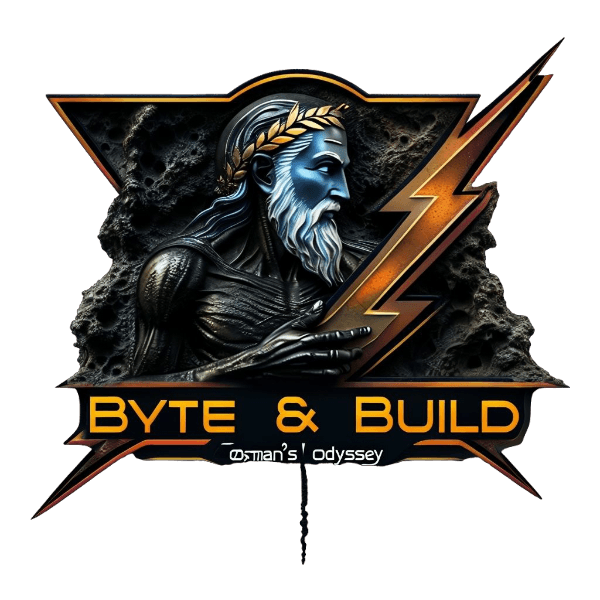
Agentic Systems · · ·
-
Antifragile AI: Harnessing Uncertainty for a Resilient Future
Posted on
5 MinutesThe Evolution from Traditional Software to AI Agentic Systems
I came out of this experience with the following thesis: Given enough data, the aggregate of anyone’s thoughts—or anything’s properties and/or behaviors—could be simulated; a completely new paradigm to engaging with ideas and thoughts. The potential of contextual synthesis at scale is beyond our wildest imaginations, but I will leave exploring that to to future posts.
Building such a system wouldn’t be easy. It would require a significant amount of “bricolage” – piecing together various technologies and approaches in creative ways. But the potential rewards are immense.
Not long ago, I couldn’t grasp the urgency of ideas like Effective Accelerationism. Now, it feels like our only viable path forward. The rapid acceleration of AI capabilities demands we innovate, adapt, and build a future that uplifts everyone—no exceptions.
This isn’t just about keeping up; it’s about thriving in an era of unprecedented change. How do we stay antifragile in this relentless trajectory? By holding onto hope, pushing the boundaries of what’s possible, and shaping the future we want to see.
Now, let’s talk about Software.
Fundamentally, whether it’s a simple calculator or a sophisticated AI system, all computer programs can be thought of as agents that interact with their environment in some way. They perceive their environment through inputs and act upon it through their outputs and actions, even if their autonomy and adaptability vary widely.
The distinction between traditional software and the emerging paradigm of AI Agentic software is profound. This shift represents a fundamental change in how systems are designed, deployed, and interact with their environments, moving from robustness through iteration to antifragility, where systems not only withstand but thrive under uncertainty and stress.
Traditional software is characterized by its deterministic nature. It executes predefined algorithms and operates within a fixed framework, producing consistent outputs for given inputs. This approach is highly effective for tasks that are well-defined and require repeatability. However, this determinism also imposes limitations. Traditional software lacks the ability to adapt to new scenarios or learn from experience.
AI Agentic software, in contrast, embodies principles of adaptability and autonomy. These systems are designed to learn from their environment, make decisions based on available data, and adjust their behavior to achieve specified goals. They leverage machine learning algorithms, natural language processing, and other AI techniques to interpret complex inputs and generate contextually appropriate responses. In theory they can leverage anything and everything available to them, but we are not there yet!